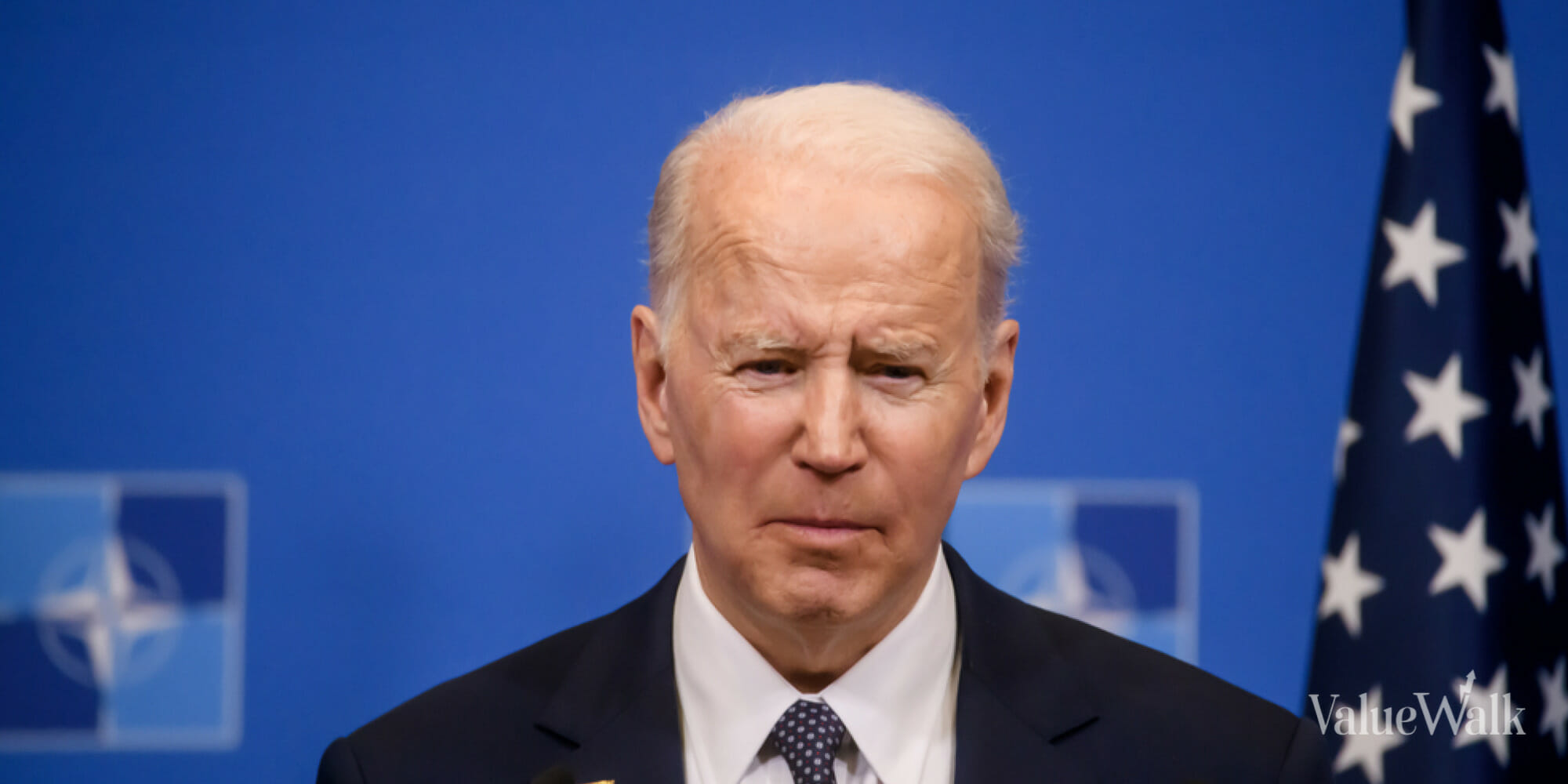What a Trump or Clinton Presidency Means for the Stock Market
Advisor Perspectives welcomes guest contributions. The views presented here do not necessarily represent those of Advisor Perspectives.
Every four years, investors guess what the outcome of the presidential race will mean for the stock market and their portfolios. This topic is contentions and infused with partisan bias. I’ll provide some useful context for those discussions, for your formal presentations to clients or for casual cocktail party fodder.
The conclusions reached by those who have researched the topic are often contradictory, as you can see in the examples below:
“Presidential election years generally have coincided with favorable markets, particularly when the incumbent party wins.” – T. Rowe Price.
“Over the past century, which party occupies the White House has had no discernible or consistent impact on US equity markets.” – BlackRock.
“[The authors of the 2003 Journal of Finance article] found 9% higher stock market gains for large stocks in Democratic administrations since 1928.” – Pete Davis, CapitalGainsandGames
“Most of the studies show quite an advantage for equities following the election of Democrats, but a Federal Reserve study concludes there is no consistent relationship if you correct for market volatility and test back to 1852.” – Pete Davis, CapitalGainsandGames
Clinton Presidency – Jeremy Grantham’s study
Before I present my own findings, let’s first review the most-widely cited research on presidential cycles and market performance, which is the work of Jeremy Grantham.
Based on observations of presidential election cycles made by Grantham, co-founder and chief investment strategist of Boston-based Grantham Mayo van Otterloo (GMO), pre-election years (the third year of the four-year term) have historically been good for equity investors, especially over the past century.
On average, the pre-election year has seen a 10.4% gain since 1833. So, generally speaking, the year before the presidential election and even the actual presidential election years are historically good for the stock market.
But my article asks a different question. Specifically, what has happened to stocks when there is a change in party leadership? Does is matter to investors which party is in power? In order to focus on the potential impact of a change in leadership, I limited my research to the first 12 months after a change in leadership took place. I wanted to find out how the market reacted to the initial burst of policy initiatives that every new president proposes, using the political capital that comes from wresting control of the levers of power from the opposing party.

The sample size is too small and there are too many possible time frames one can choose for measuring the correlation between presidential elections and stock market returns. Rather than trying to make a case for causality based on questionable statistical methodology, I chose to look at past presidential elections and note what happened in the stock market.
I leave it up to the reader to draw his or her own conclusions about what, if anything, might be relevant to the upcoming change in tenants at 1600 Pennsylvania Avenue.











